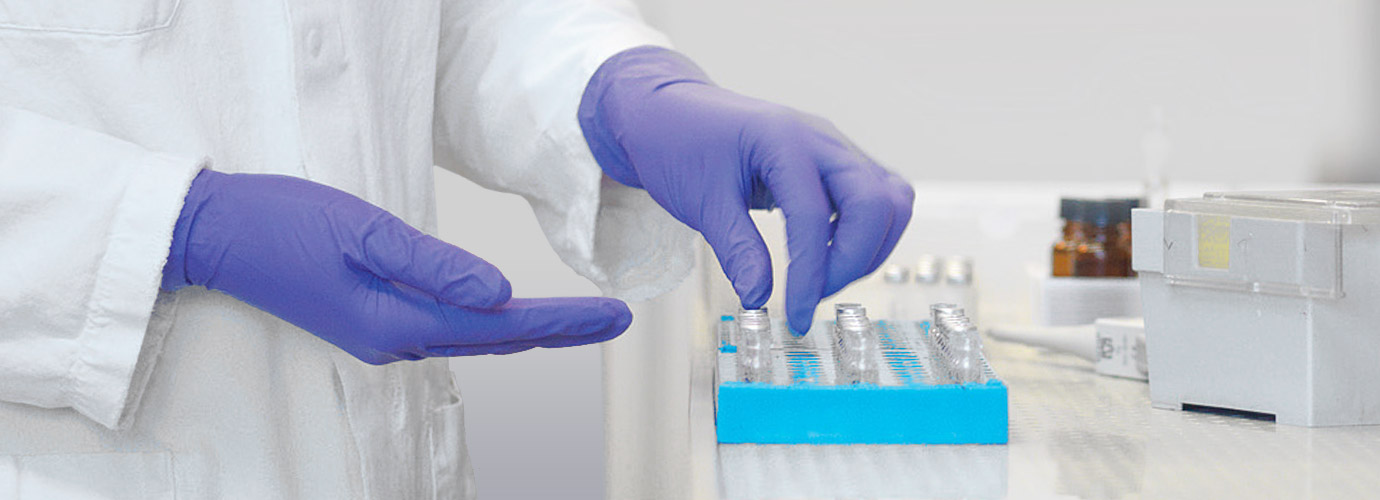Eliminate the horror of food allergies?

06.2024
Author Dr. Martin Claßen, Bremen
Children with IgE-mediated food allergies may show severe anaphylactic reactions in the event of ingesting the triggering allergen; there is even a risk of fatalities. So far, the only available treatment for peanut allergy takes the form of oral hyposensitisation.
A completely different approach, involving treatment with the monoclonal anti-IgE antibody omalizumab in children and adolescents with severe allergies to dietary proteins, has now been tested in the USA. 177 children and adolescents (1 to 17 years of age) were randomised in a 1:2 ratio; 118 (67 %) were given omalizumab subcutaneously every 2 to 4 weeks for 16 to 20 weeks. All of them had a severe allergy to peanuts and at least two other foods (cashew nuts, milk, eggs, walnuts, wheat or hazelnuts), proven by provocation.
The final results showed that 79 out of 118 (67%) of the omalizumab group and 4 out of 59 (7%) of the placebo group tolerated 600 mg of peanut (60% difference; 95% CI 47-70%; p < 0.001). Tolerance also improved for the other proteins such as cashew (> 1000 mg; 41% tolerability with omalizumab versus 3% in the placebo group), egg (67% versus 0%) and milk (66% versus 10%).
Reference:
Wood RA et al. Omalizumab for the Treatment of Multiple Food Allergies. N Engl J Med. 2024 Mar 7; 390(10): 889-899. doi: 10.1056/NEJMoa2312382. Epub 2024 Feb 25. PMID: 38407394.


